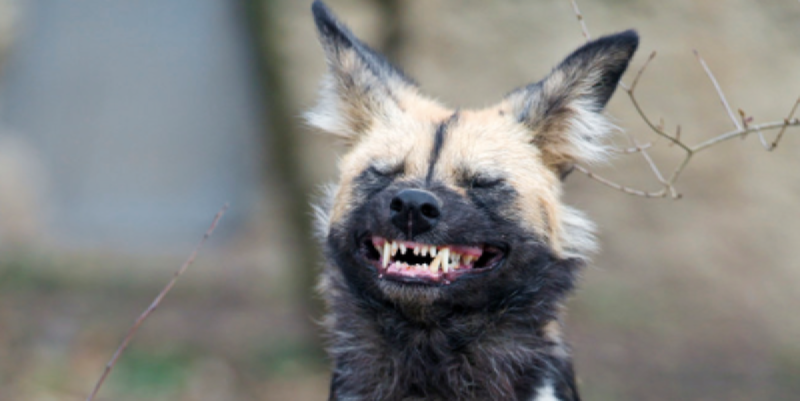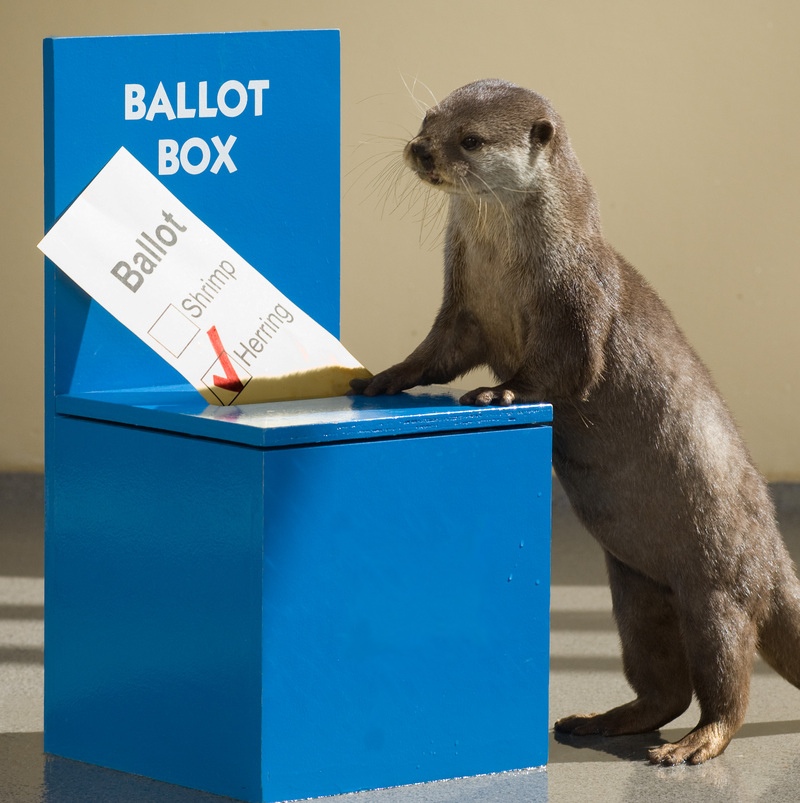Hello and welcome your favourite thing — you’re Daily Fun Fact From Flora ,
Today we are going to have a little look at group-living animals.
Now, a lot of animals live in groups. It’s a behaviour that we see across a huge range of different taxonomies , which suggests that it’s a pretty evolutionarily successful way of doing things.
Animals don’t necessarily live in groups constantly — sometimes they come together for certain times in their lives or times of year and then disperse again. Some animals live cooperatively in groups (i.e. working together to get the job done)
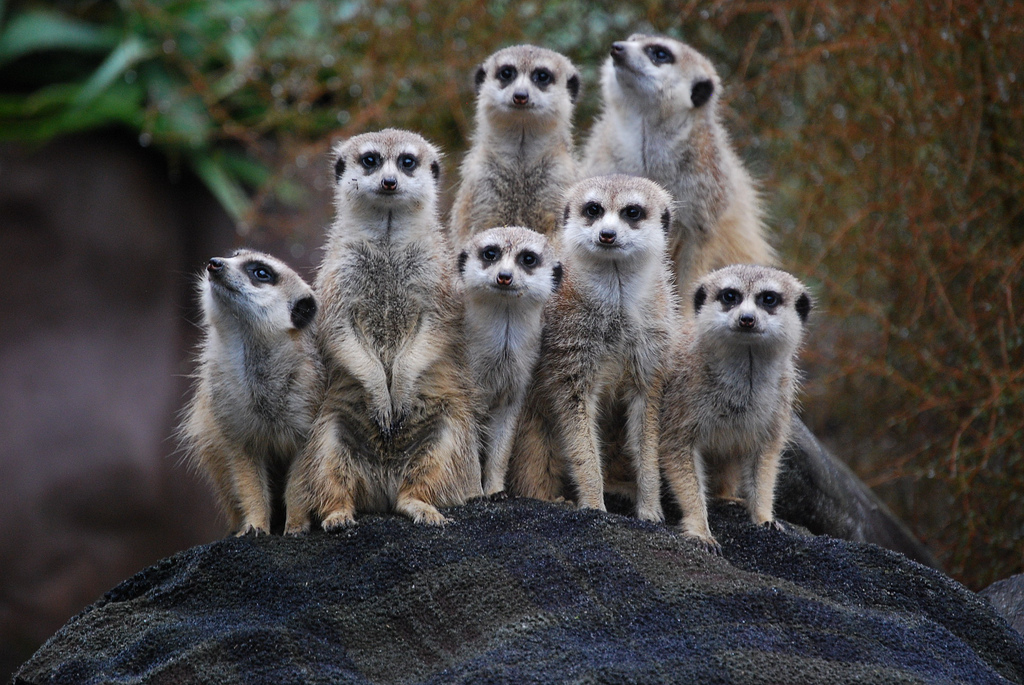
But some do not live in cooperative groups. They just happen to be in the same place using the same resources at the same time.
Cooperative living is a very interesting biological phenomenonemonen with many advantages and disadvantages, but what I want to talk about today is how cooperative groups of animals make decisions.
After all, groups are made up of individuals and individuals have their own personal goals, preferencesand instincts. How do you incorporate all of those into an outcome for the group that causes the smallest amount of conflict?
Well one way that humans come to a consensus is through voting.
What if I told you that we aren’t the only animals that seem to do this?
Okay maybe not quite like that but this is SUPER cool.
African wild dogs are wonderful animals that look like this.
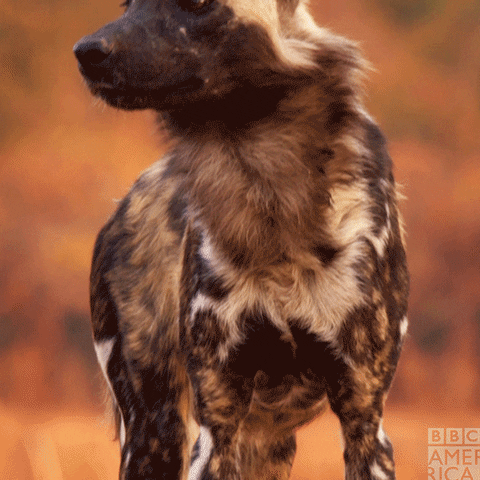
They live in packs of up to about 20 dogs and they are despotic by nature. By that I mean that there is one dominant breeding pairthat rules over the rest of the pack who are all subordinates.
These guys hunt for their food and before they go out for a hunt they go through a very high energy ritual that we call a “rally”. This involves a lot of tail wagging , head touching and generally running around quite a lot.
Sometimes these rallies end with all the dogs going off to hunt.
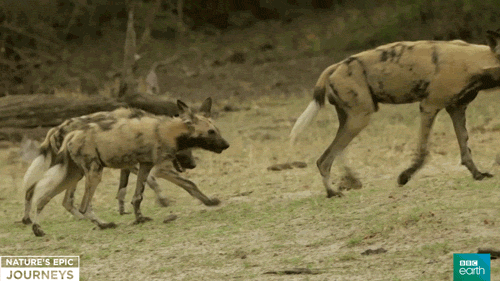
Sometimes they end with all the dogs lying down and having a bit of a nap.
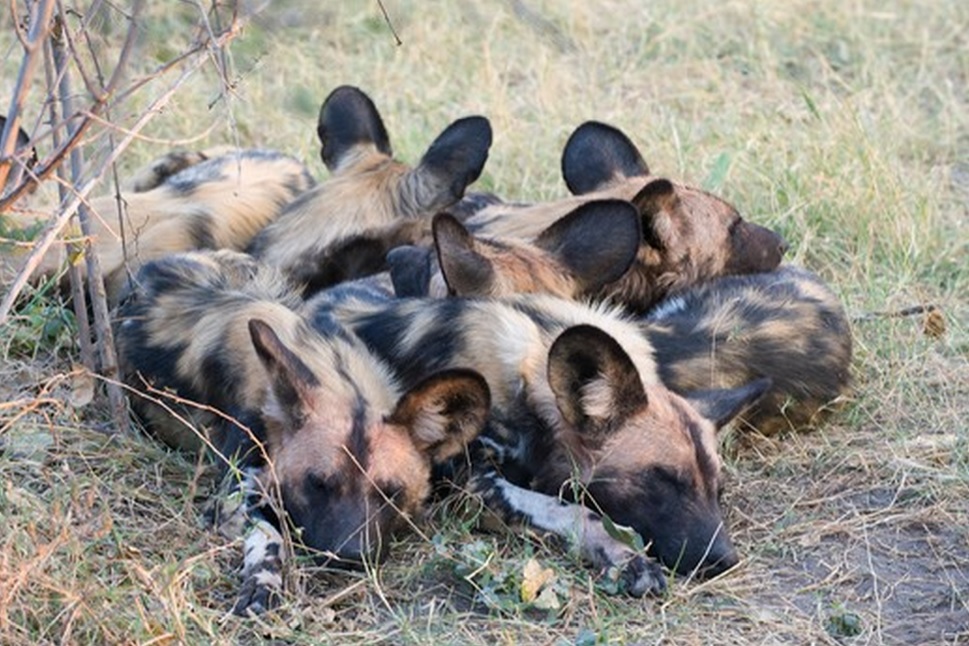
So it seems that some sort of decision making process is happening here. But what is it that determines the outcomes of these rallies? Who is deciding whether or not to start the hunt?
Firstly, researchers found that the rallies are more likely to be successful if there have been other failed rallies before. i.e. if there were two rallies before that didn’t lead to a hunt the third is much more likely to end up in a hunt.

Also, when a higher-ranking individual initiated the rally it was more likely to be successful (i.e. go for the hunt), but still the researchers were still puzzled. This didn’t explain enough of what they were seeing.
Then they started counting sneezes.
The more sneezes that took place during a rally, the more likely the dogs were to start hunting. The researchers concluded (and I promise you this is real research — a paper called “Sneeze to leave” published in the Proceedings of the Royal Society B ) that the sneezes were being used “as a voting mechanism to establish group consensus”.
Isn’t that MENTAL!?
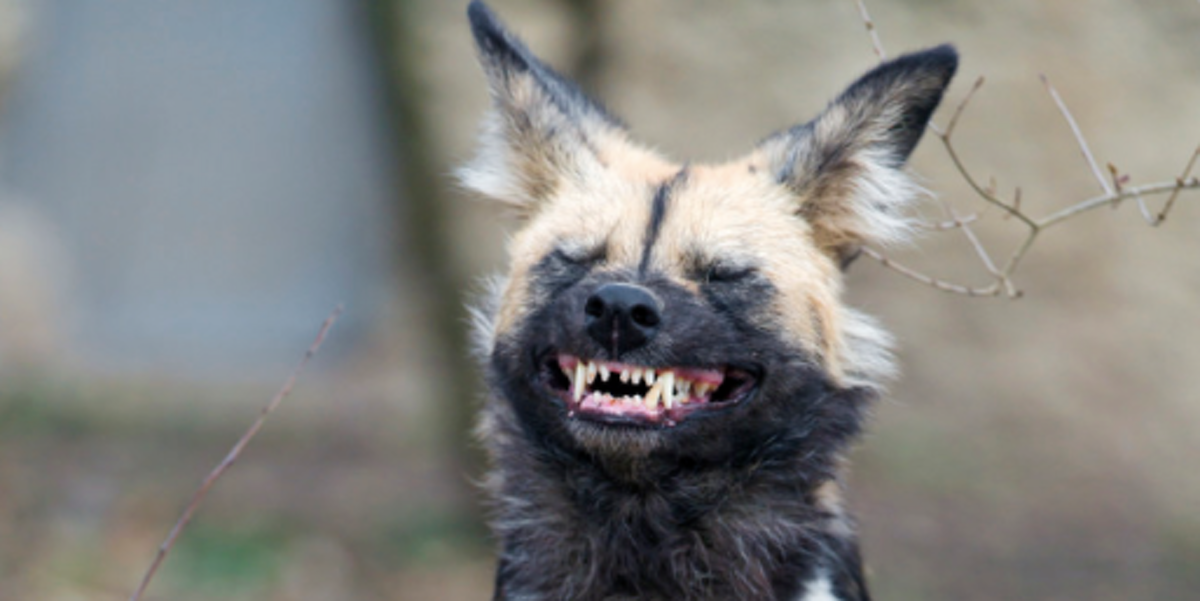
Dogs use a VOTING MECHANISM like we do to come to a group decision !!
What was also very interesting to note was that this process wasn’t entirely democratic. If it was one of the big-dog dogs that initiated the rally, they only needed an average of 3 sneezes to get the pack going. If it was a subordinate member of the pack they needed at least 10 sneezes for the hunt to go.
Sneezing has never before been documented as a communicative function so this is PRETTY NEAT.
But maybe don’t try it in the ballot okay?
Lots of love,
Flora
